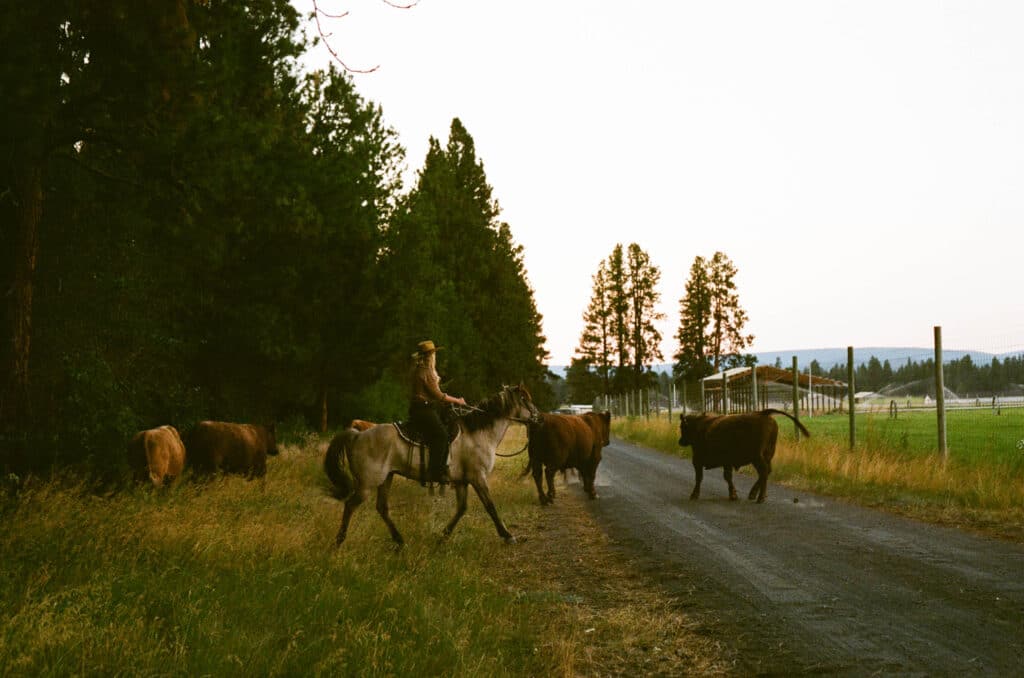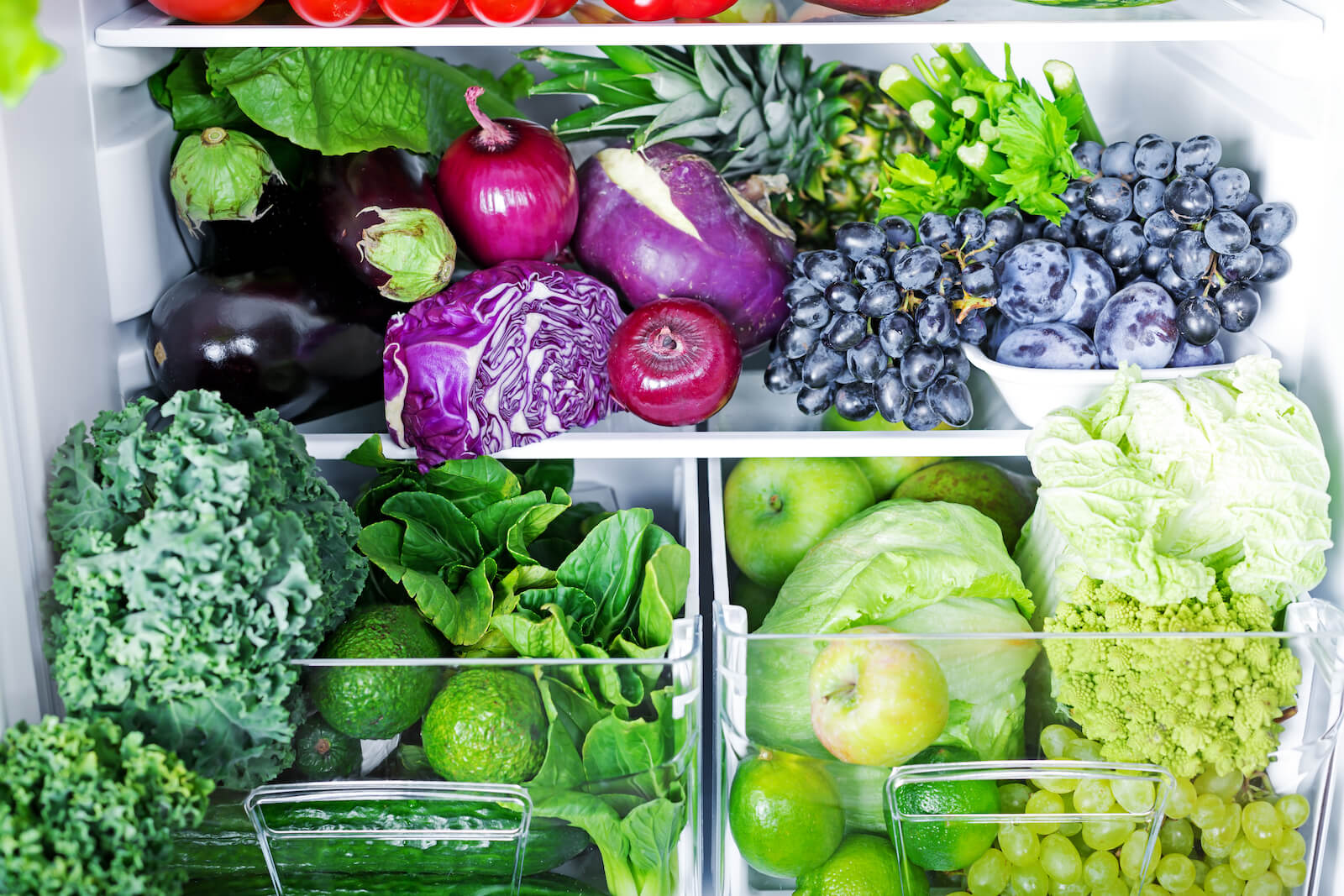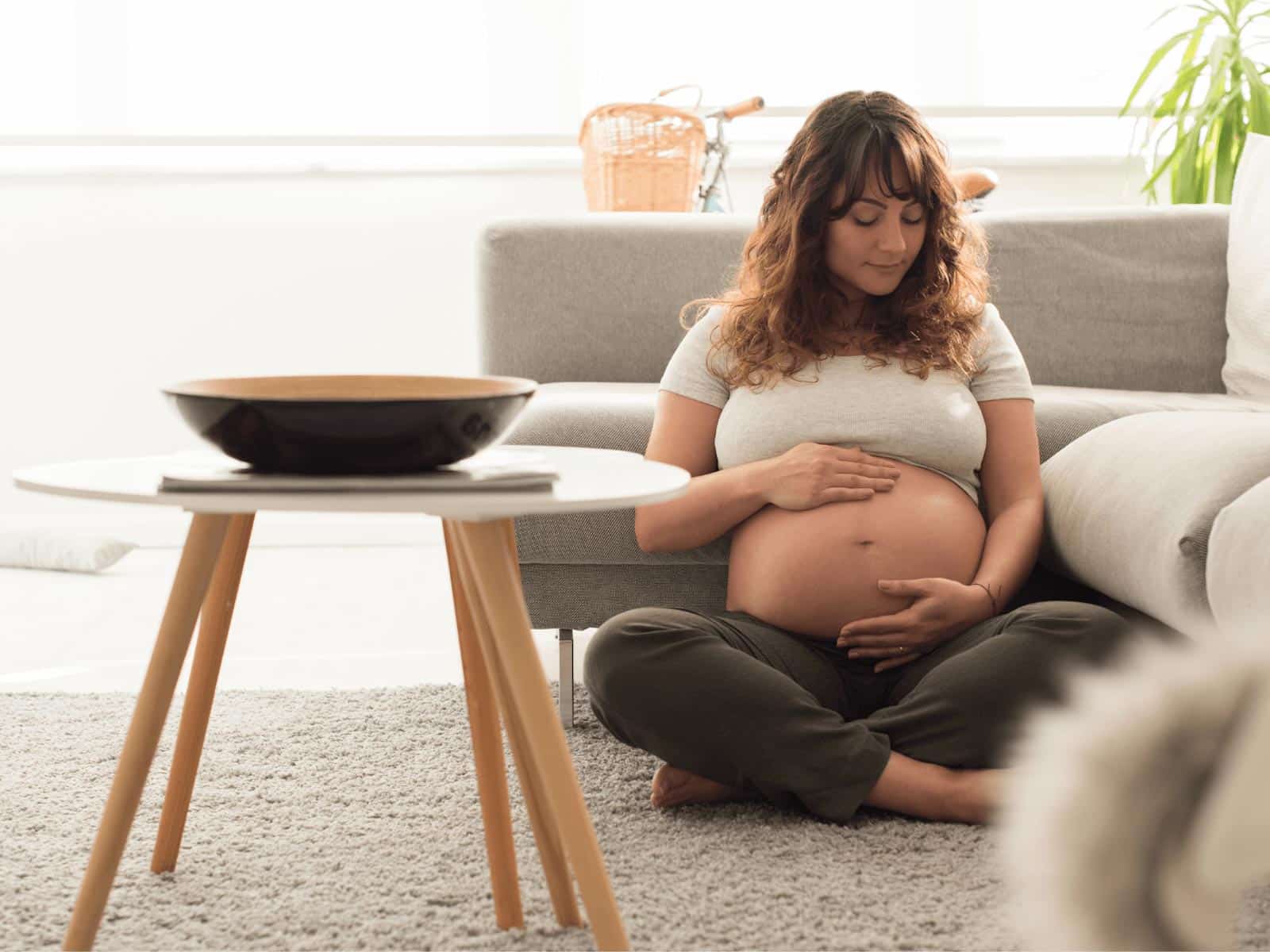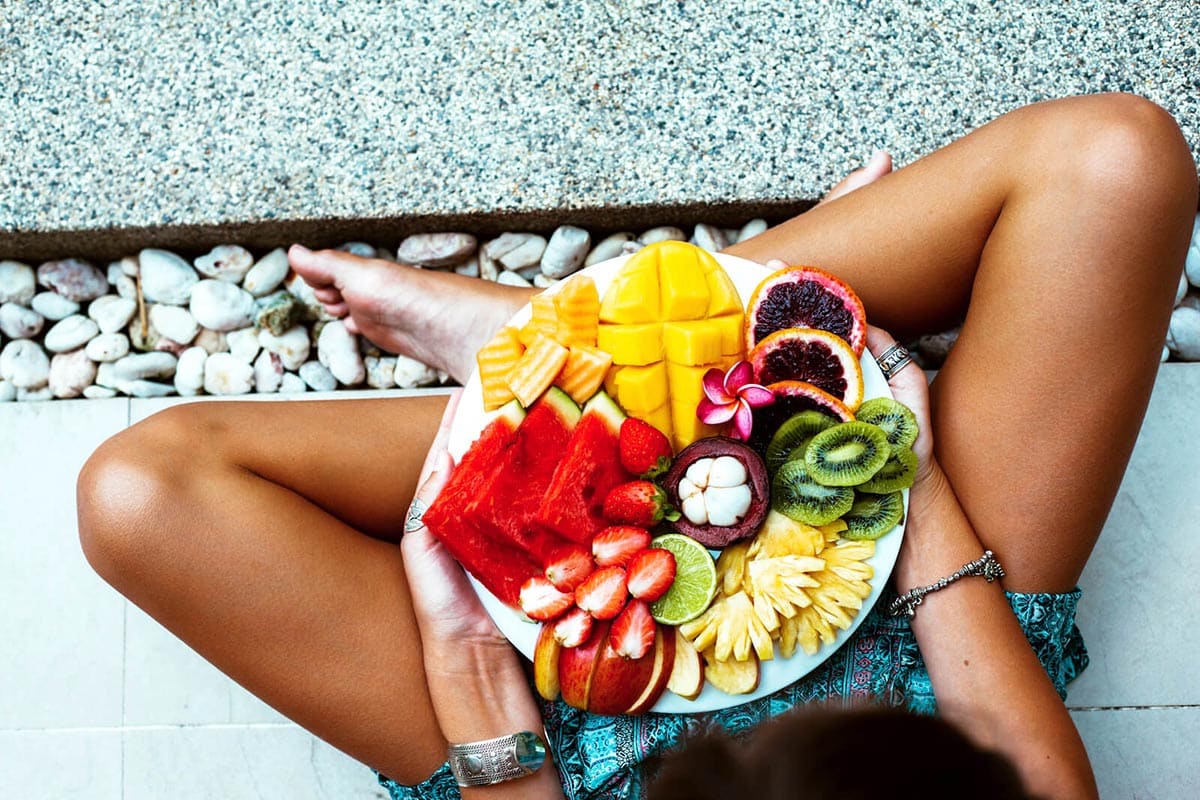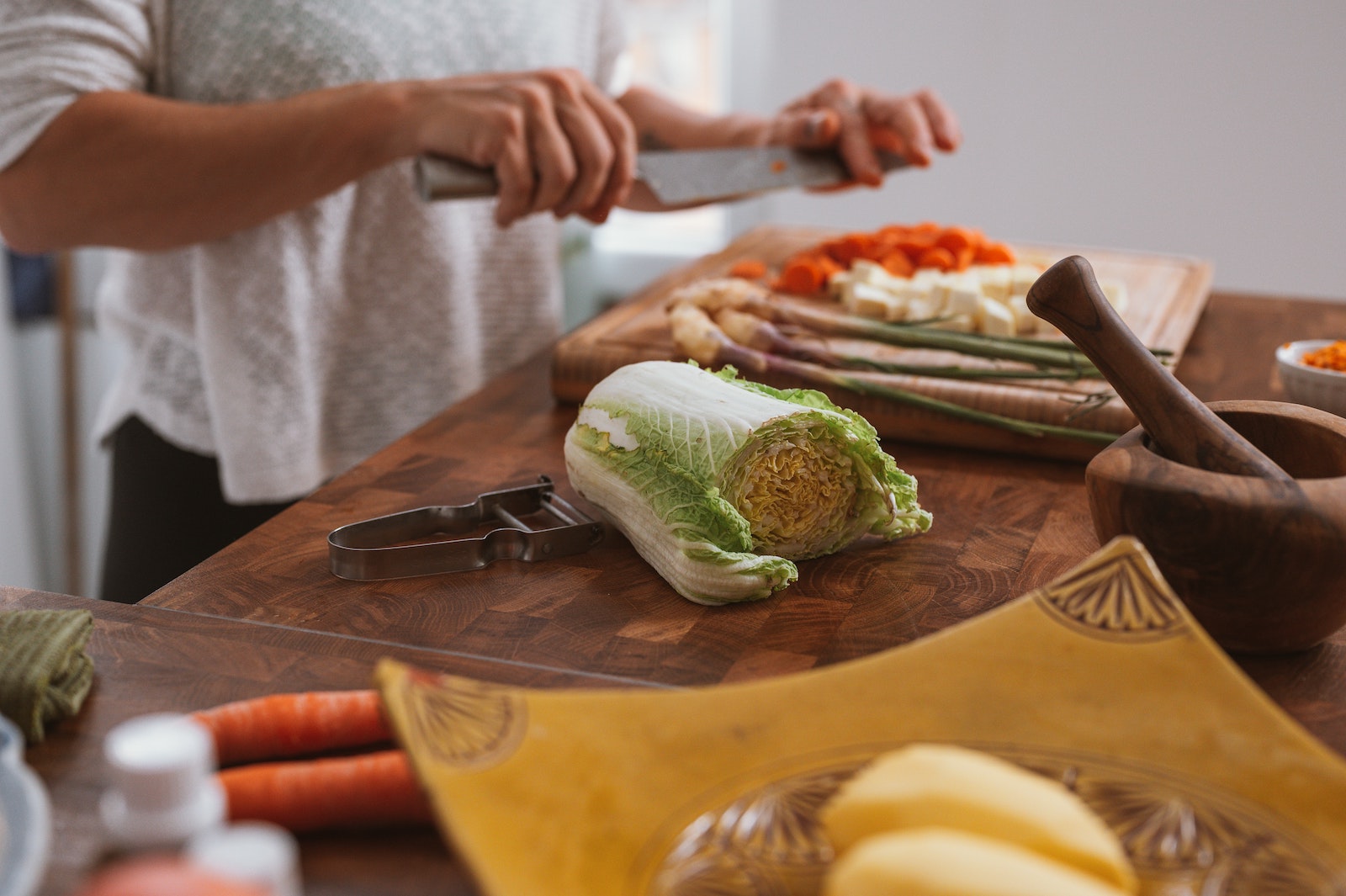Husband and wife team, Chris and Cate Casad, are regenerative farmer/ranchers who believe in healthy soils, healthy food and healthy communities. Together they manage Casad Family Farms, 360+ acres of Organic, regenerative, closed-loop farmland in Madras, Oregon. They grow Organic vegetables, grains, and hays, and raise cattle, pigs and chickens. Enjoy this informative conversation with Cate, and be sure to check out their Direct Delivery Meat Box Program!
Q: Hi Cate! Thank you for chatting with us today. We’re excited to learn more about all the amazing things you and Chris are getting up to at the farm. What are you growing this season?
CC: This season we are growing a diversity of grains such as barley, rye, wheat, triticale, alongside oats and peas. The grains are both some early season grazing for the cattle and are harvested late in the summer to be the basis of the feed we raise our hogs on. We also grow perennial grasses for hay; we manage grasslands holistically with cattle grazing regeneratively. After taking a couple of seasons off from planting potatoes due to drought and irrigation water restrictions, we did plant potatoes and winter squash again this year which we are so happy to say!
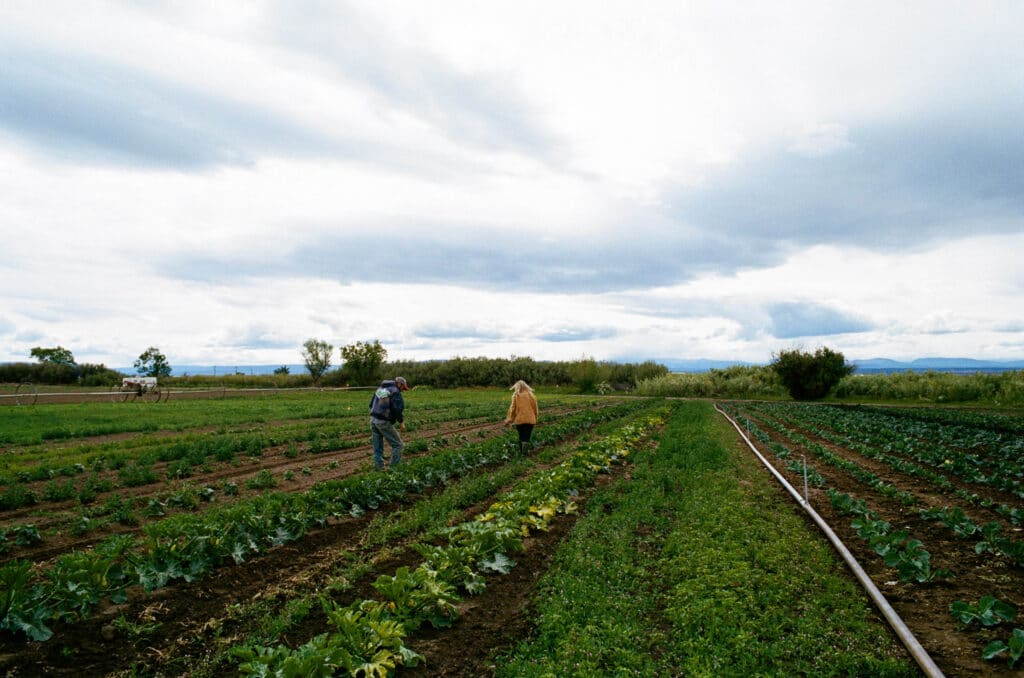
Q: Your farm is certified Organic, regenerative, and closed-loop. These are crucial differentiating terms – that require rigorous and thoughtful work – that seem to get thrown around carelessly nowadays. Could you tell us more about the principles you use to steward your land sustainably?
CC: I think the terminology is subject to greenwashing and also sometimes sterilizes what these practices truly mean, so let me try to get to the heart of it. The foundation of our practices come back to farming in harmony with natural systems, and mimicking the natural cycles of fertility, birth, death, decay and diversity as best as we possibly can. We do not import fertility (such as synthetic fertilizers). We use the cycles of diverse cover crops, grazing of ruminants which turn plant matter into manure which is magic for soil, and proper rest to create vitality in our soils, which then becomes vitality in the plants, which then becomes vitality in the animals consuming those plants. We do not use any herbicides or pesticides. In part this is possible because our soils have a healthy functional immune system. This benefits not just the soils, and the animals/humans sustaining from the land, it also benefits all the pollinators and birds that make our land their homes. The insects that thrive are a part of the bigger ecosystem and the wildlife depend on them. All these aspects of stewarding for more biodiversity and greater ecosystem-wide-health are what define regenerative agriculture to us.
The closed loop aspect of our farm has a few key pillars. As I mentioned, we do not import our fertility (synthetic fertilizer). Instead it is the cover crops, and strategic grazing which leave manure and urine (ammonia) behind to nourish the soil. Also, of the crops we grow, we always save a portion of the seeds to replant the next year. And perhaps what makes us most unique is that we produce 100% of the feed our animals are raised on, so we are not importing feed for our cattle or hogs, instead it is this land that produces everything that the life on it needs for vitality, and in turn all the beings on the farm provide what the land needs for vitality. Closing the loop produces food that is nutrient dense and has terroir, a true essence of this place it is grown in.
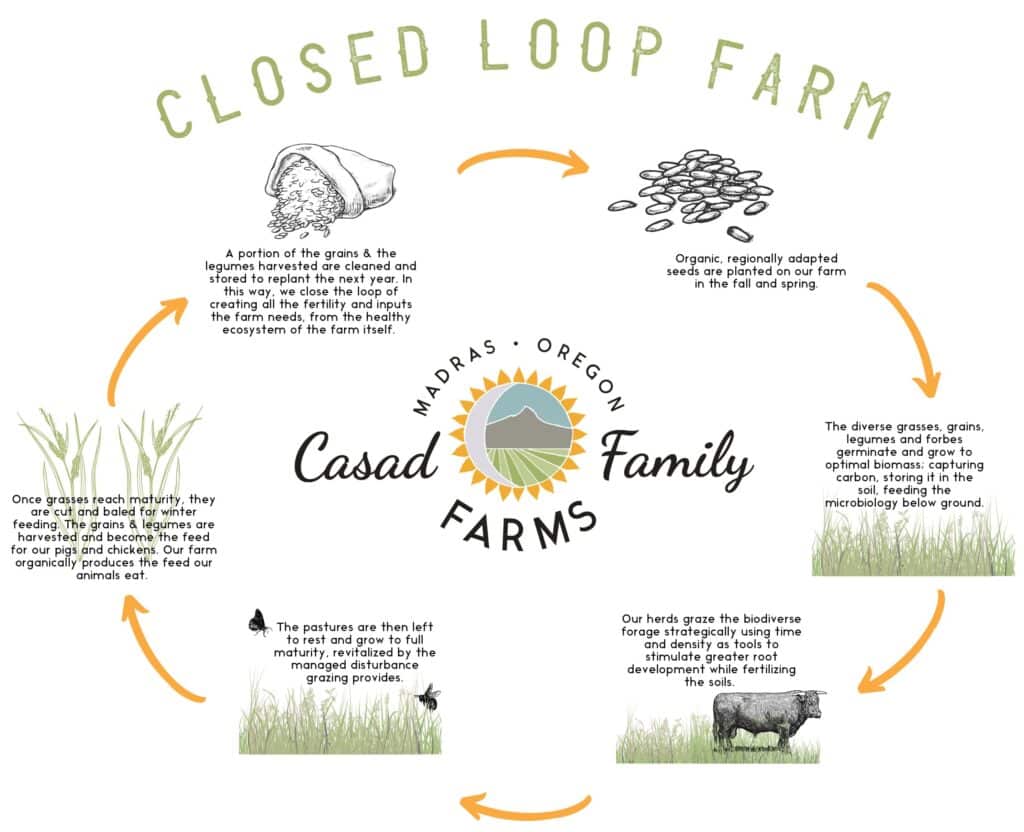
Q: Food is medicine! In a perfect world, we wouldn’t need to supplement with vitamins and probiotics if all farms operated like yours. The depletion of quality bacteria and nutrients in the soil that much of our food is grown in directly impacts the health of our gut microbiome and all the processes and functions the gut supports in our bodies. This is why eating local, organic food from farmers like you is so important for our personal health and the health of our planet. Could you talk about how you care for the health of the soil on your land?
CC: Soil has an immune system much like our human body does and plants and animals will reflect back the deficiencies or illness of soil. The decay cycle is critical to building soil and in an arid region like central Oregon those decay cycles can get stagnant without ruminant animals on the land. You see, these are grasslands which evolved over millennia with bison and elk, and the presence of these animals grazing grasses causes a response in the plants in which they send exudates down into the soil when they are chomped, and those exudates become sugars that feed the microorganisms that live in the soil. Those microorganisms create the immune system of the soil, fighting off parasitic microorganisms and building humus. They help transport nutrients from the deepest levels of the soil up to the plants. Without grazing ruminants, grasslands can get constipated, nutrient cycles and water cycles suffer, and we end up with desertification. So in essence, in arid regions like ours, bringing ruminants back into the landscape in a thoughtful and holistically managed way is one of the best ways to tend to soil health.
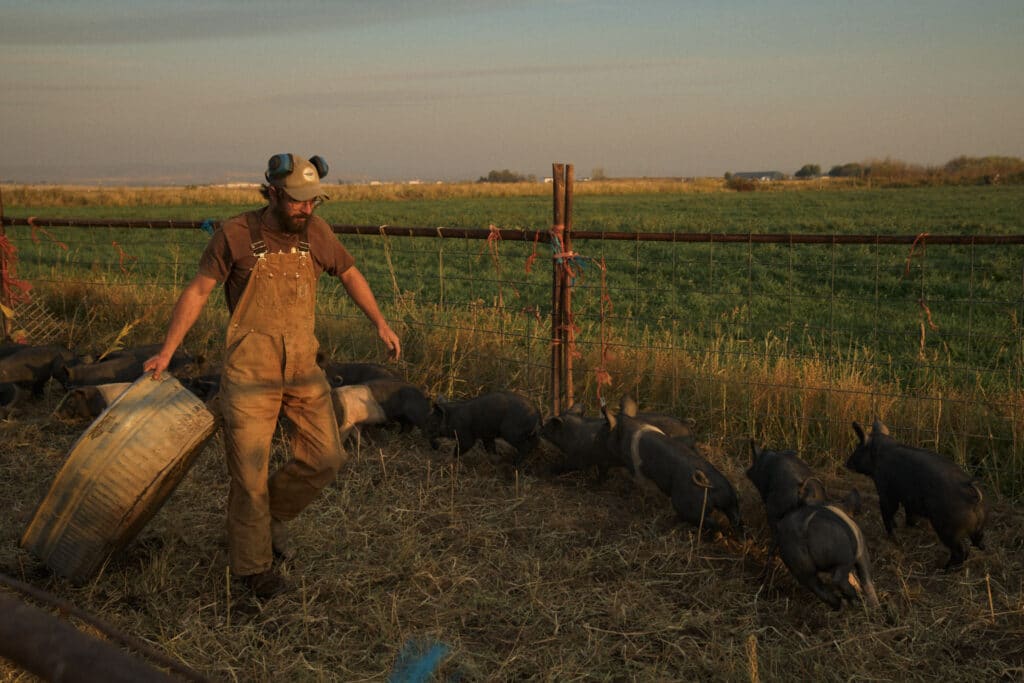
Q: You posted an enlightening statistic recently on your Instagram. For every dollar spent by consumers on food from a local producer, 76 cents stays in the local economy, versus 28 cents from imported food. Could you speak to what this difference means to the operation of your farm and business?
CC: When we think about 76 cents in the local economy vs 28 cents, that over time becomes a lot less jobs for local people and that is one of the biggest impacts on land and in our community. The goal of agriculture should be more heartbeats per acre, and that means all kinds of heartbeats from the insects and wildlife to the humans. Good agriculture takes affection, and affection takes humans on land who observe and care. So in essence, more dollars spent locally on food allows for more heartbeats per acre, and more affection for the lands that sustain our community.
“Good agriculture takes affection, and affection takes humans on land who observe and care. So in essence, more dollars spent locally on food allows for more heartbeats per acre, and more affection for the lands that sustain our community. “
Cate Havstad-casad
Q: In 2022 you launched your Direct Delivery Meat Box Program. Tell us more about that!
CC: For 10 years our farm has sold meat to central Oregon eaters via our animal shares, in which people commit to a quarter, half or whole animal. This way of buying meat is the most amazing for people who have room for a chest freezer and who like the idea of eating nose to tail, or with a “whole carcass” approach. It’s also the most economical way to buy meat. But over the years we got feedback from many who either don’t have room for a big freezer or who wanted to access our meats in smaller quantities, and so we created the Direct Delivery Meat Box Program to make our offerings more accessible to more people! It’s been a huge hit. Twice a month our team delivers meat boxes to our customers’ doorsteps in the Bend region, and ordering online is very easy and flexible. We recommend signing up for a subscription box which will refresh your freezer monthly or bi-monthly. You choose the frequency of delivery and you can customize the cuts of meats you receive, pause or cancel the subscription any time. Eating local meat and forming a relationship with a farm has never been more convenient and that was our goal with this program.
****Chris and Cate are offering a discount code for Inspired Health members! Use code INSPIRED at checkout for 15% off your first order! FREE home delivery is available on the FIRST & THIRD Wednesday of each month in Bend.****
Q: Where else can we find your food products around Central Oregon?
CC: Central Oregon Locavore has a great selection of our meats, and you can find our meats on the menu at Jackson’s Corner & Boon Dog Pizza / The Barn in Sisters!
Q: Which of the 8 Pillars of Inspired Health are you personally giving extra attention to these days?
CC: Personally, I am giving extra attention to the pillar of community. With small children, a farm to run, and living rurally can lead to some isolation for agricultural families. Making time to catch up with friends in Bend over tea or a walk and making the space to go to music festivals or author talks and being in the community fills my cup and allows us to keep this way of life sustainable for us as humans and emotional beings. We will also be back at the Northwest Crossing Farmer’s Market some time this summer for the same reason, to get off the farm and be immersed in our community for the heart filling interactions.
Q: If our readers want to educate themselves more on the topic of regenerative farming, are there any teachers, podcasts, or books in particular that you recommend?
CC: It All Turns on Affection and The Unsettling of America by Wendell Berry are two books that really made an impact on me. The Omnivore’s Dilemma and In Defense of Food by Michael Pollan. Biggest Little Farm is a great film as is Kiss the Ground.
Q: What are you most looking forward to this summer season?
CC: Riding my horses, live music with friends, and snuggling my babies 🙂

Q: And as usual, let’s share some Central Oregon love! Can you share a couple of your favorite local businesses?
CC: We LOVE Central Oregon Locavore and do all our shopping there whenever we can, they have the best curation of foods and goods. Also, I love Root Adorned in Northwest Crossing, Jackson’s Corner for lunch, Cowgirl Cash downtown for vintage boots and treasures, and definitely check out HOWL Goods and Cafe des Chutes near the old mill!
Thank you Cate!
Learn more about Casad Family Farms on their website and give them a follow on Instagram, Facebook, and Youtube!
Use this link (or the code INSPIRED at checkout) for a 15% discount on your first order!
